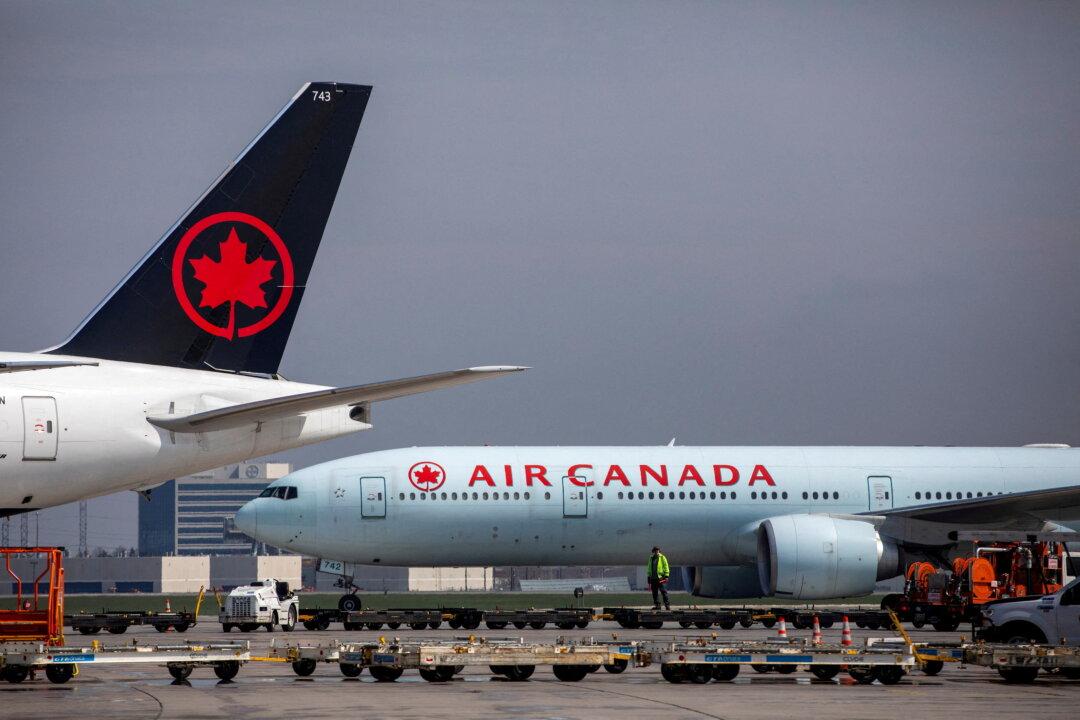The federal government has pledged to take action against loopholes that allow airlines to deny customers compensation for cancelled flights, promising to overhaul air passenger rights legislation in the spring session of Parliament.
Minister of Transport Omar Alghabra made the announcement at a March 14 press conference at Toronto Pearson Airport. The minister also pledged funding of $75.9 million over the next three years to address a significant backlog of 42,000 passenger complaints about airlines filed with the Canadian Transportation Agency (CTA).





